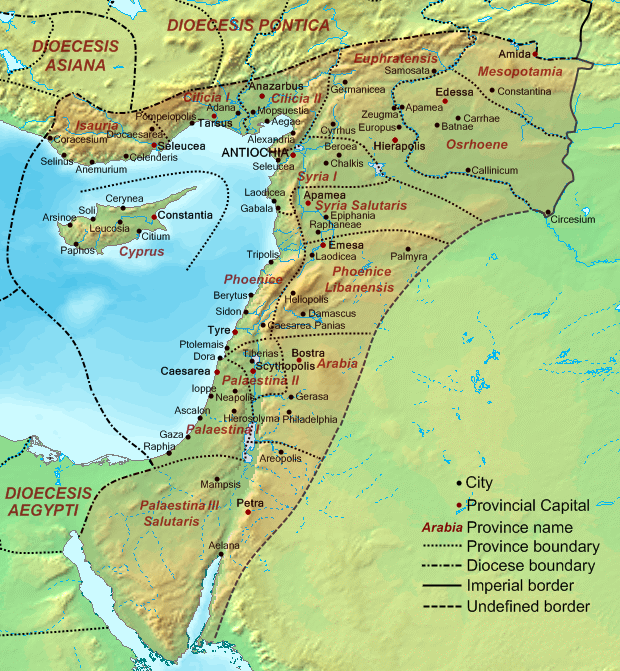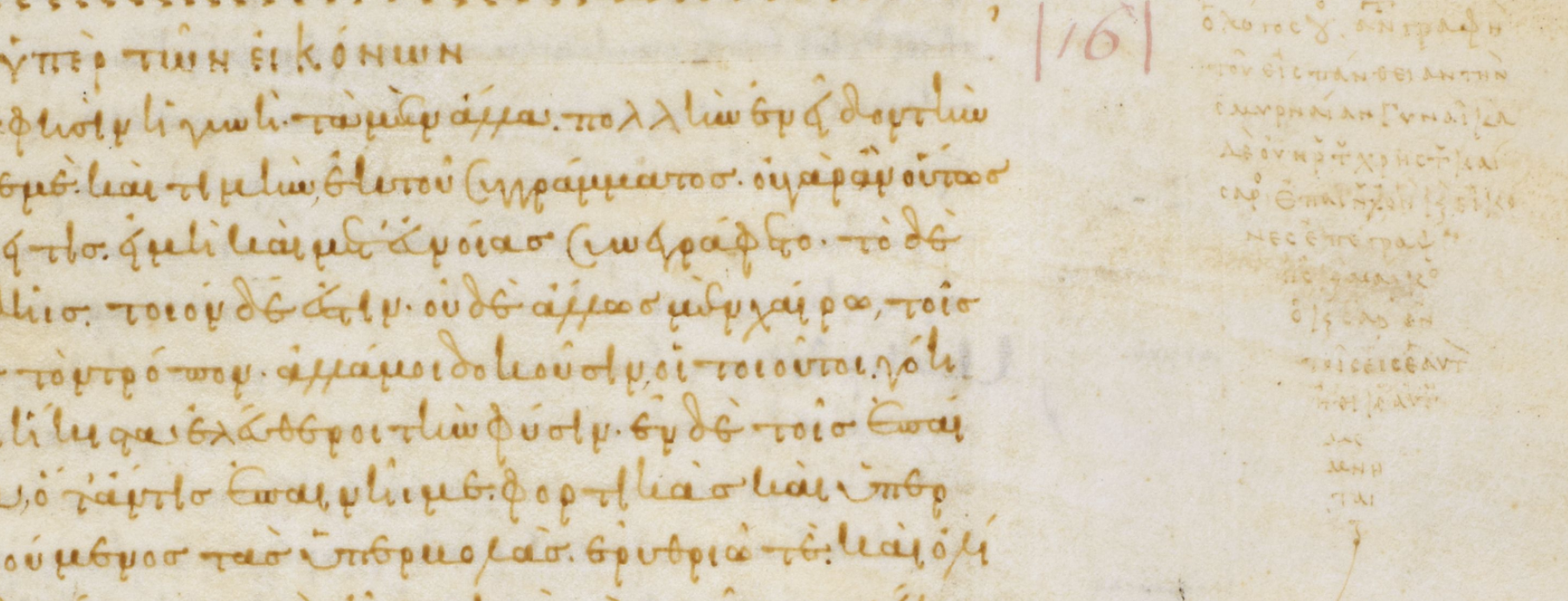|
Arethas (other)
{{hndis ...
Arethas ( el, ) is the Greek form of the Arab name al-Harith ( ar, الحارث "al-Ḥārith"). It can refer to: * Arethas (martyr) (died 523), Arab Christian martyr in Yemen * Al-Harith ibn Jabalah, Ghassanid king (r. 528–569) * Arethas of Caesarea (fl. 10th-century), Byzantine scholar and archbishop of Caesarea (modern Kayseri, Turkey) See also * Aretas (other) Aretas is the Greek form of a name borne by kings of the Nabataeans resident at Petra It can refer to: * Aretas I was a king in the time of Antiochus IV Epiphanes * Aretas II ruled Nabatea from 120 or 110 to 96 BC *Aretas III ruled Nabatea from 87 ... [...More Info...] [...Related Items...] OR: [Wikipedia] [Google] [Baidu] |
Arab
The Arabs (singular: Arab; singular ar, عَرَبِيٌّ, DIN 31635: , , plural ar, عَرَب, DIN 31635: , Arabic pronunciation: ), also known as the Arab people, are an ethnic group mainly inhabiting the Arab world in Western Asia, North Africa, the Horn of Africa, and the western Indian Ocean islands (including the Comoros). An Arab diaspora is also present around the world in significant numbers, most notably in the Americas, Western Europe, Turkey, Indonesia, and Iran. In modern usage, the term "Arab" tends to refer to those who both carry that ethnic identity and speak Arabic as their native language. This contrasts with the narrower traditional definition, which refers to the descendants of the tribes of Arabia. The religion of Islam was developed in Arabia, and Classical Arabic serves as the language of Islamic literature. 93 percent of Arabs are Muslims (the remainder consisted mostly of Arab Christians), while Arab Muslims are only 20 percent of the ... [...More Info...] [...Related Items...] OR: [Wikipedia] [Google] [Baidu] |
Arethas (martyr)
Arethas or Aretas ( ar, الحارث بن كعب ''al-Ḥārith bin-Ka'ab'') was the leader of the Christian community of Najran in the early 6th century, was executed during the persecution of Christians by the Jewish king Dhu Nuwas in 523. He is known from the ''Acta S. Arethae'' (also called ''Martyrium sancti Arethae'' or ''Martyrium Arethae'') which exists in two recensions: the earlier and more authentic, which was found by Michel Le Quien (''Oriens Christianus'', ii. 428) and was subsequently dated as no later than the 7th century; the later, revised by Simeon Metaphrastes, dates from the 10th century. The Ge'ez and Arabic versions of the text were published in 2006 and the Greek version in 2007.Marina Detoraki and J.Beaucamp, 2007, Le martyre de saint Aréthas et de ses compagnons (BHG 166), édition critique, étude et annotation Marina Detoraki, traduction par Joëlle Beaucamp, appendice sur les versions orientales par André Binggeli = Collège de France – CNRS, Ce ... [...More Info...] [...Related Items...] OR: [Wikipedia] [Google] [Baidu] |
Al-Harith Ibn Jabalah
Al-Ḥārith ibn Jabalah ( ar, الحارث بن جبلة; ''FlaviosArethas () in Greek sources; Khālid ibn Jabalah () in later Islamic sources), was a king of the Ghassanids, a pre- Islamic Arab Christian tribe who lived on the eastern frontier of the Byzantine Empire. The fifth Ghassanid ruler of that name, he reigned from to 569, the longest of any Christian Arab ruler and played a major role in the Roman–Persian Wars and the affairs of the Syriac Orthodox Church. For his services to Byzantium, he was made ''patrikios'' and '' vir gloriosissimus''. Biography Early life Harith was the son of Jabalah IV (Gabalas in Greek sources) and brother of Abu Karab (Abocharabus), phylarch of Palaestina Salutaris. He became ruler of the Ghassanids and phylarch of Arabia Petraea and Palaestina Secunda probably in 528, following the death of his father in the Battle of Thannuris. Soon after () he was raised by the Byzantine emperor Justinian I (r. 527–565), in the words of the histor ... [...More Info...] [...Related Items...] OR: [Wikipedia] [Google] [Baidu] |
Arethas Of Caesarea
Arethas of Caesarea ( el, Ἀρέθας; born c. 860 AD) was Archbishop of Caesarea Mazaca in Cappadocia (modern Kayseri, Turkey) early in the 10th century, and is considered one of the most scholarly theologians of the Greek Orthodox Church. The codices produced by him, containing his commentaries are credited with preserving many ancient texts, including those of Plato and Marcus Aurelius' "Meditations". Life He was born at Patrae (modern-day Greece). He was a disciple of Photius. He studied at the University of Constantinople. He became Deacon of Patrea around 900 and was made Archbishop of Caesarea by Nikolas of Constantinople in 903. He was deeply involved in court politics and was a principal actor in the controversy over the scandal created when Emperor Leo VI attempted to marry a fourth time after his first three wives had died and left him without an heir. Despite Arethas' fame as a scholar, Jenkins thinks little of him as a person. When recounting the details ... [...More Info...] [...Related Items...] OR: [Wikipedia] [Google] [Baidu] |

